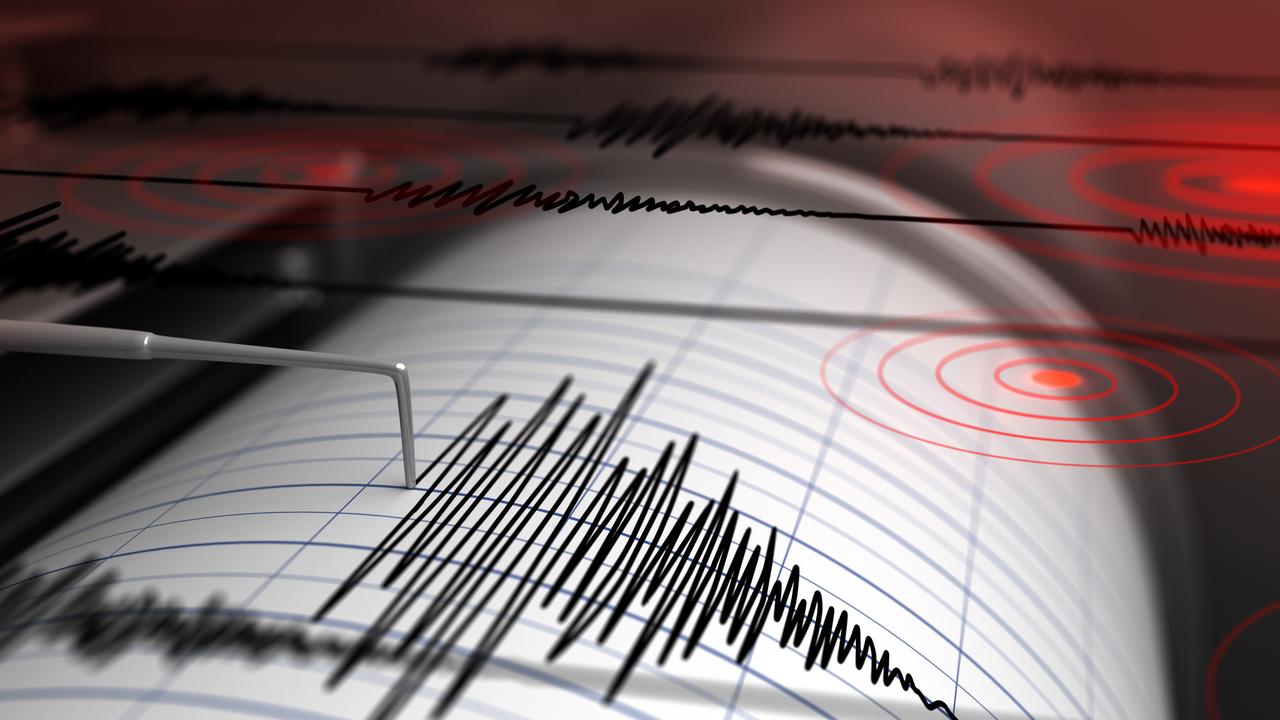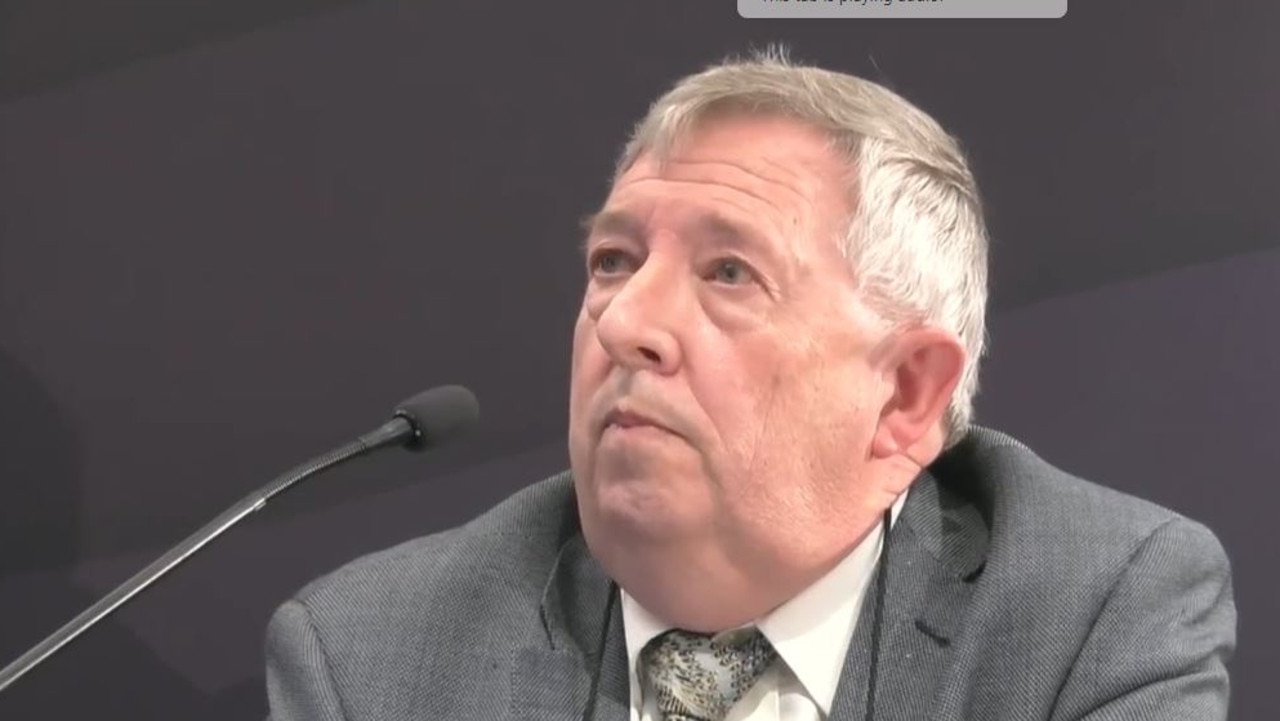Jacqui Lambie backs Saul Eslake’s call for mainland property investors to be slugged with higher taxes
Tasmanian senator Jacqui Lambie says she supports a local economist’s call for mainland property investors to be hit with more taxes, believing the move could be a game-changer.
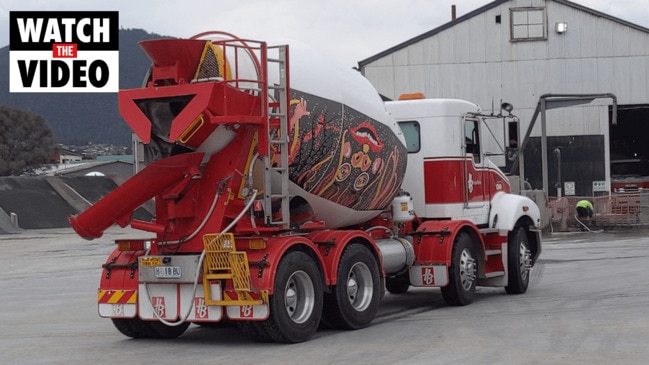
Tasmania
Don't miss out on the headlines from Tasmania. Followed categories will be added to My News.
Jacqui Lambie has backed a high-profile economist’s call for mainland investors to be taxed more on property purchases, with the Tasmanian independent senator saying it could “even the playing field” for desperate locals looking to break into the housing market.
Independent economist Saul Eslake believes that if mainlanders had to stump up for higher stamp duty costs or higher land tax, they may not be as willing to pay top dollar for a property, therefore driving prices down and making the prospect of home ownership less remote for some Tasmanians.

Senator Lambie said she agreed with Mr Eslake’s position, noting that Sydney-siders and Melburnians were paying “millions” for Hobart homes “without even coming down to see them first”.
According to data from CoreLogic, house prices in the capital shot up by 28.1 per cent over the past year, reaching a dizzying median dwelling value of $694,261.
“How can any normal Tasmanian keep up with that?” Senator Lambie said. “It’s just not sustainable.”
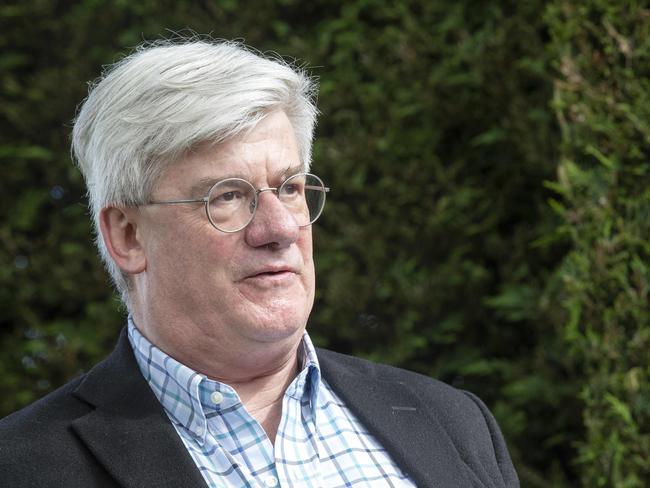
“That’s why I reckon Saul’s onto something good here. It’s about time we evened the playing field and gave Tasmanians a fair crack at finding a home they can afford.”
Housing Minister Michael Ferguson has previously ruled out hiking taxes to put downward pressure on house prices, saying the answer is instead increasing housing supply.
Economist says Tassie should tax mainland property investors - February 2
Tasmania should raise taxes on mainlanders who buy up Tasmanian houses and price locals out of the market, a leading economist has argued.
Saul Eslake said Tasmania already charged higher land taxes and stamp duties for foreign investors, and that there was no reason why mainlanders should be exempt.
His comments came after Tasmania house prices recorded a breathtaking 28.7 per cent increase for 2021, with the median rent rising to $521 per week.
Mr Eslake said taxing mainlanders would ease the pressure off the markets and, theoretically, make housing more affordable for locals.
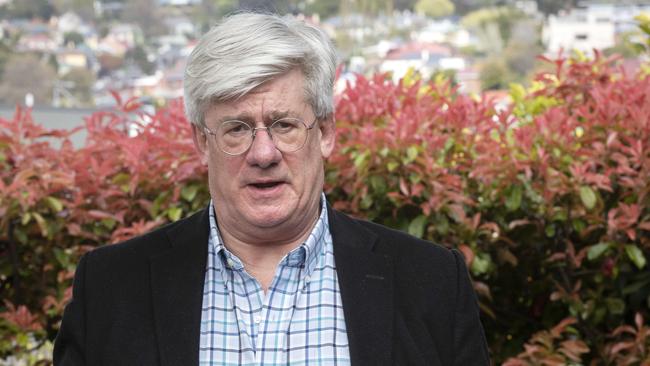
“If you have to pay a higher stamp duty or a higher land tax because you’re a non-resident investor, you won’t be prepared to pay as much for your property,” Mr Eslake said.
“That should mean, therefore, that locals have a better chance of buying it because they don’t face the same additional costs.
“That was the rationale behind introducing higher taxes on overseas investors, but there’s no reason why it shouldn’t apply to mainlanders.”
Property Council Tasmania executive director Rebecca Ellston said Mr Eslake’s idea was a “risky and destructive” move that would deter investment in Tasmania.
Ms Ellston said it was already hard enough to invest in a house, and that if anything Tasmania should be encouraging inward investment.
“The answer to Tasmania’s affordability crisis is not to tax mainlanders more, but to make it easier for our local mum and dad investors to invest in the market by urgently reviewing and eliminating disproportionate property taxes,” Ms Ellston said.
“Rather than considering Saul Eslake’s proposed new property tax, Tasmania should be adopting a competitive advantage by not repeating interstate competitors’ mistakes.”
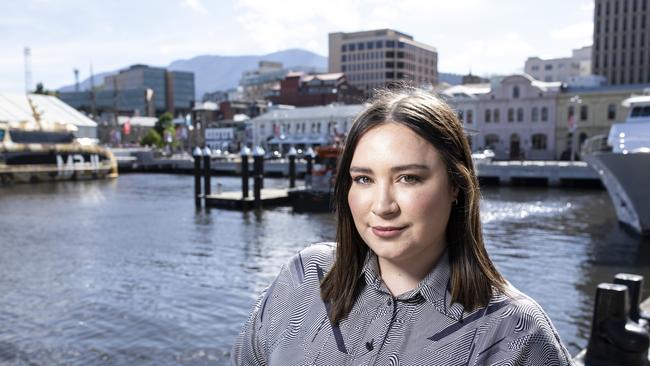
Ms Ellston said taxes were already far too high, with stamp duty alone generating $60 million for the 2021-22 state budget.
She said that during the Covid-19 recovery phase, especially, Tasmania should be doing everything they can to stimulate growth.
Housing minister Michael Ferguson said the government was working to make housing more affordable for Tasmanians.
Mr Ferguson pointed to various government programs such as Home Share, Homebuilder, and the First Home Owners Grants as examples.
“The Tasmanian Liberal Government is making an unprecedented and massive investment into public housing and home affordability,” Mr Ferguson said.
“Increasing housing supply to meet and exceed demand and to lower some of the costs of ownership are the best ways to put downward pressure on prices, not increasing taxes or capping the property market.”
A Real Estate Industry Tasmania report released on Monday found that Tasmania sold nearly $1.8 billion worth of property in the December quarter alone.
During that time Tasmania’s median house price increased 15.4 per cent to around $600,000.
The report found that Hobart’s median house price is $775,000, with inner Hobart’s sitting even higher at $1,130,000.
kenji.sato@news.com.au
More Coverage
Originally published as Jacqui Lambie backs Saul Eslake’s call for mainland property investors to be slugged with higher taxes



